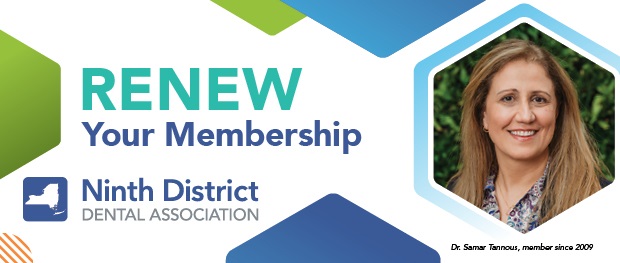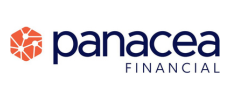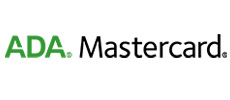NYSDOH Issues New MOLST Form
Per the notice below, the New York State Department of Health (NYSDOH) has issued a new Medical Orders for Life-Sustaining Treatment (MOLST) form. While dentists cannot execute or change MOLST documents, they may encounter them as part of a patient's medical history.
New York State Department of Health Announces Revision of Medical Orders for Life-Sustaining Treatment (MOLST) Form
MOLST Form Records Patients' Preferences for Life-Sustaining Treatments
Revision a Collaboration of Multiple Agencies
The New York State Department of Health announced the revision of the Medical Orders for Life-Sustaining Treatment (MOLST) Form, a form that records a patient's preferences for life-sustaining treatments, such as CPR, ventilation, and other interventions, to ensure all patients are considered. The comprehensive revision was a collaboration of the Department, New York State Office for People with Developmental Disabilities (OPWDD), the New York State Office of Mental Health (OMH), and the MOLST Statewide Implementation Committee. Additionally, Excellus updated the electronic form (eMOLST) to match the newly released paper form. While Excellus is no longer accepting new applications to their eMOLST registry where the electronic MOLST is currently located, healthcare providers with an existing eMOLST agreement will be able to continue using the registry. Previous versions of the MOLST paper and electronic forms are still valid if patients present with an older version of the medical order.
"The release of the revised Medical Orders for Life-Sustaining Treatment forms and eMOLST are important because they ensure that a patient's current medical condition, values, and treatment preferences are communicated and respected across all healthcare settings," State Health Commissioner Dr. James McDonald said. "I thank everyone involved in this revision and who is committed to confirming patients' current health status is reflected, their wishes are honored, and unwanted or inappropriate interventions are prevented."
"The release of a revised MOLST and eMOLST has been an important part of our foundational work as a Center for Hospice & Palliative Care," State Health Department Center for Hospice & Palliative Care Director Kara Travis said. "While we are charged with increasing awareness and access to end-of-life care options as well as Advance Care Planning, making sure there is a consistent, collaborative, patient-centered conversation happening at the bedside or in living rooms across the care continuum will always be a critical component of our mission to encourage all New Yorkers to live their best life as they age or combat chronic illness."
"Emergency medical services personnel, home care services agency personnel, hospice personnel, and hospital emergency services personnel are required to honor nonhospital Do Not Resuscitate and Do Not Intubate orders that are issued using the MOLST form," State Health Department Division of Legal Affair Attorney Jonathan Karmel, Esq said. "The MOLST form, instructions, and additional guidance materials will ensure that physicians, nurse practitioners, and physician assistants issue end-of-life medical orders to withhold or withdraw life-sustaining treatment in accordance with their patients' wishes."
"End-of-Life preferences are very personal decisions and come at the hardest time for a family," State Office for People with Developmental Disabilities Acting Commissioner Willow Baer said. "Updates to the MOLST form and its instructions provide more detailed explanations and choices regarding end-of-life care, making it easier to provide dignity for and choice by people with developmental disabilities, together with their families and loved ones. OPWDD appreciates the working partnership between the NYS Department of Health and Office for Mental Health to further develop and clarify this vital legal document for the people we support."
Office of Mental Health Commissioner Dr. Ann Sullivan said, "OMH was pleased to partner with DOH on the revisions of the MOLST and the eMOLST forms. The MOLST and eMOLST forms provide that patients choices about their care are readily and easily available across treatment settings, ensuring their wishes are respected."
All information regarding the MOLST, including the form, supporting checklists, glossary, and instructions are available on the NYSDOH Center for Hospice & Palliative Care's webpage.




.tmb-rotator.png?Culture=en&sfvrsn=e3185440_1)






.png?sfvrsn=4447de7f_1)















